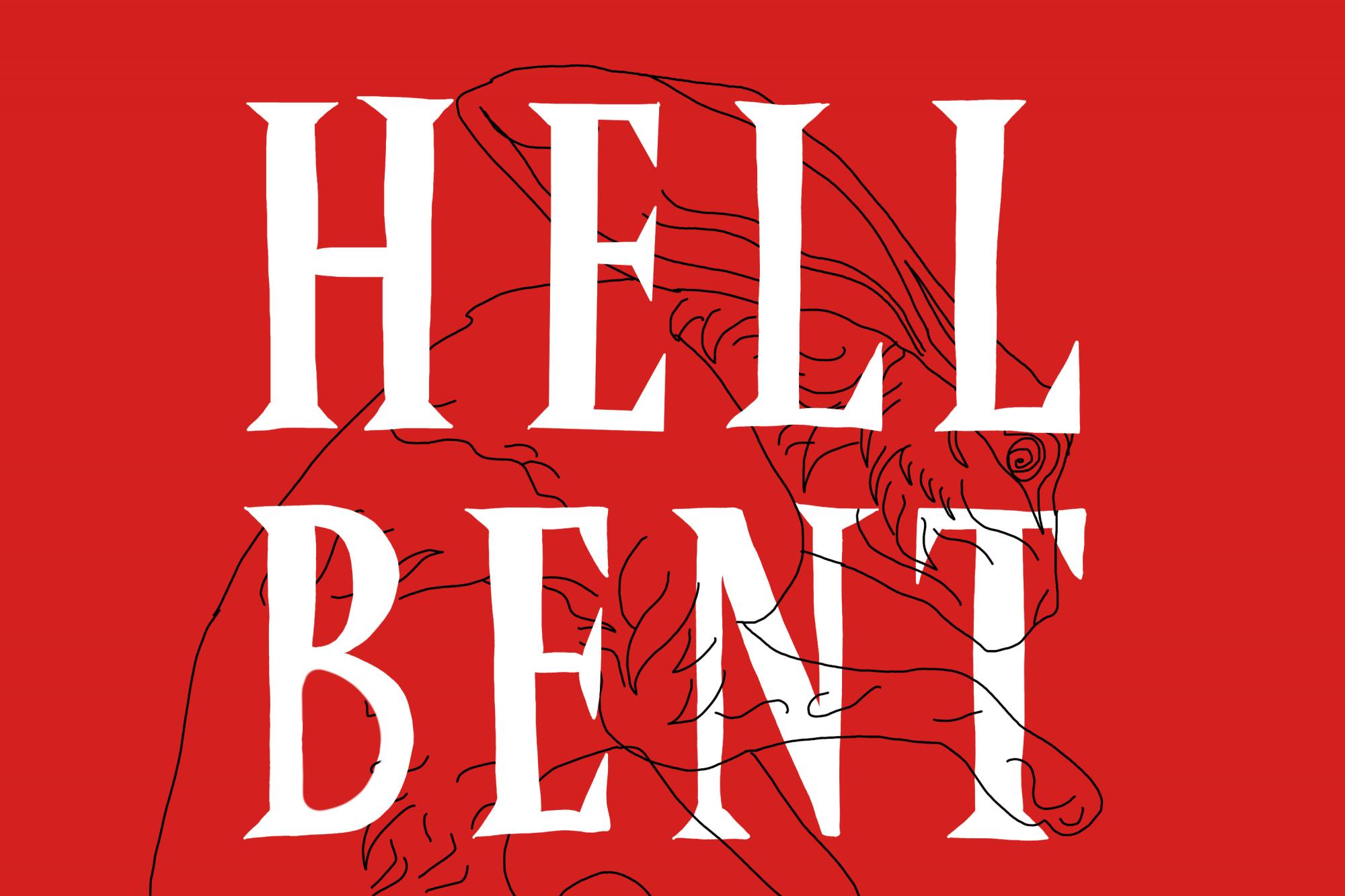What if I told you that all of the intersecting pathways on the Green actually formed a protective pattern to ward off evil spirits? In Leigh Bardugo’s new novel “Hell Bent” — the highly anticipated sequel to the fantasy hit, “Ninth House” — that is the uncanny truth behind the central quad at Yale University.
Leigh Bardugo has asserted herself as a literary force over the past decade, authoring the widely popular young adult fantasy series “Shadow and Bone,” whose Netflix adaptation received rave reviews following its release in April 2021. She is an associate professor at Yale, and has perfectly satirized the New England university in “Hell Bent.”
Bardugo’s novel paints a picture that most Dartmouth students can recognize. Main character Alex is plagued by a cappella members rehearsing in her dorm, roommates dragging her to pre games, perpetual body odor and a chronic lack of sleep – though the last two have more to do with demons than dense Shakespeare readings. However, unlike most Dartmouth students, Alex is also busy talking to ghosts. Instead of the typical study abroad to Paris or Rome, she finds herself on an “exchange program” to Hell. She crosses over to Hell three times throughout the novel and each time is followed back to the mortal realm by demons from her and her friends’ pasts. Bardugo uses the alluring lore surrounding Yale’s secret societies to create a frighteningly realistic fantasy world.
This novel is the perfect catnip for book lovers. With every chapter ending with a diary entry from a different member of the secret societies, the reader can piece together their shadowy history. Even the fantastical elements of the secret societies are rooted in Yale’s academic past; the Latin quotes etched in the stone archways around campus — which serve as clues in Alex’s hunt for a doorway to hell — might even be real if searched for hard enough.
Alex’s sharp narration grounds the reader from getting caught in the fantasy of the novel, like when the handsome “gentleman demon” Darlington — with glowing horns and golden irises — is reduced to a monster doing “naked hot yoga” in her eyes. The characters are familiar, alternating between acting without thinking and going about life with a weary pragmatism: Darlington’s very first action when his soul is reunited with his body after being imprisoned for weeks is to walk upstairs and put clothes on.
In “Hell Bent,” magic is ugly: it is visceral, graphic and has a way of sticking with you. When Alex pulls a ghost into her body for extra strength, the reader is fully immersed in the ghost’s senses right before they died. In a gory society ritual, a pop singer gets her legendary voice back by waiting for a nightingale bird to defecate down her throat. “Hell Bent” doesn’t allow its reader to glamorize magic, forcing the realization that it is “blood and guts and semen and spit, organs kept in jars, maps for hunting humans, the skulls of unborn infants.”
“Hell Bent” is not just about Alex. In order to accomplish their mission and enter hell, Alex, along with Pamela Dawes, Abel Turner, Tripp Helmuth and Mercy, must each unpack the darkest secret of their pasts – a brutal trip down memory lane not all of them recover from. Through the journey of these five characters, Bardugo has crafted a story that doesn’t take itself too seriously while simultaneously tackling fundamental social issues and disparities. She juxtaposes Alex’s jaded sarcasm with the rigid exclusivity secret societies are built on, exposing the prejudice they masquerade as secrecy and mysticism. Bardugo integrates the history of racism and sexism in academic institutions into the twisted schemes of former society members.
Bardugo masterfully crafts the world of Lethe and the secret societies to reflect how the social and political elite have wielded their knowledge to keep themselves in power. In this series, magic is built off of the backs of minorities: the coals that never burn out were literally forged from the sacrifice of working class immigrants. The enchanted map Alex uses to find the fellow murderers that she needs to open a door to Hell was initially created to hunt down runaway slaves in the 1850s. There is a dark truth that plagues the magic in “Hell Bent,” transforming this fantastical book into an exploration of inequality and oppression.
There is always a sense of wariness when the release of a sequel to a treasured novel approaches, but “Hell Bent” did not disappoint. The almost abrasive depiction of magic captured me throughout the narrative — pulling me in with the classic trappings of a fantasy novel — even as Alex attempts to shield the reader from the growing horror of her and her friends’ fates. While her sarcasm occasionally grated on the reader and distracted from the elements of magic, it was a refreshing perspective on the complicated battle between good and evil tangled in the college experience.
Rating: ★★★★☆




